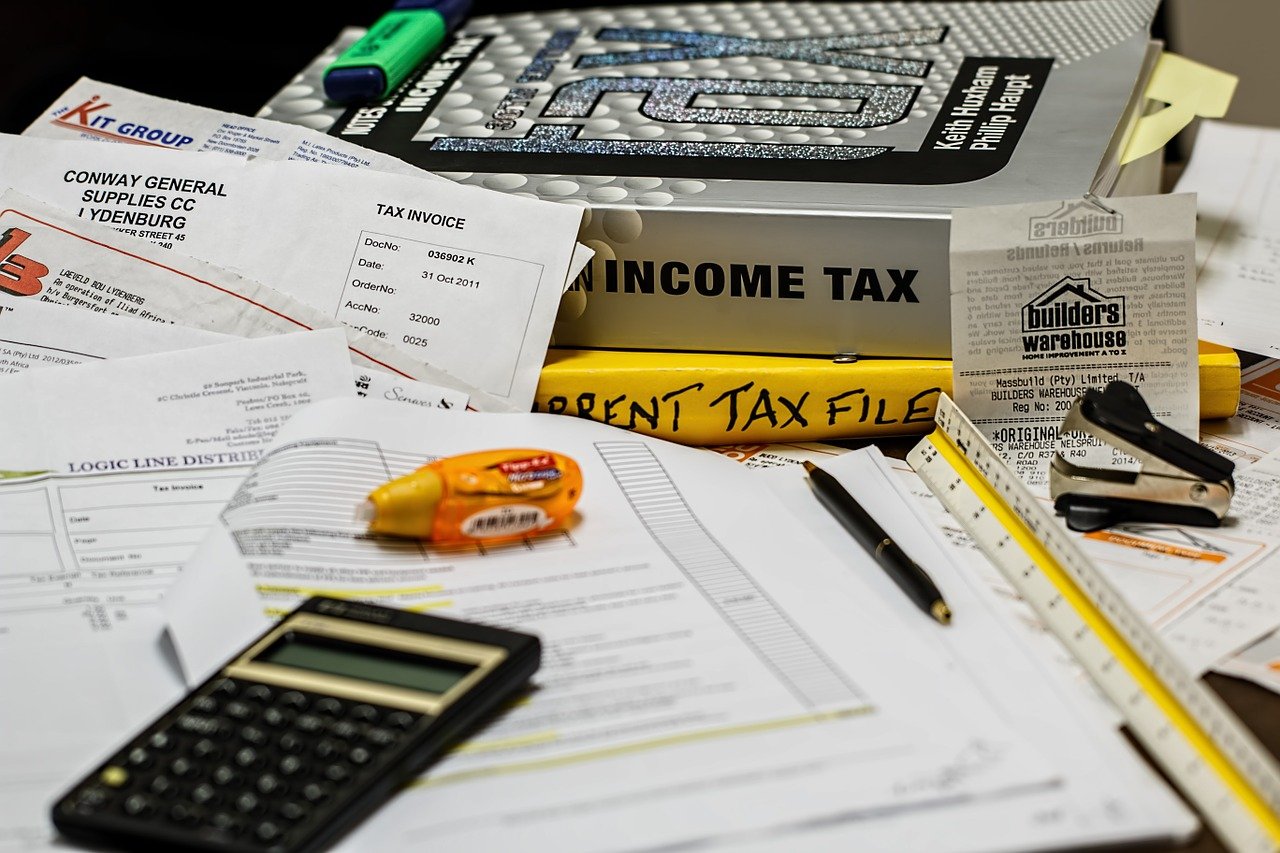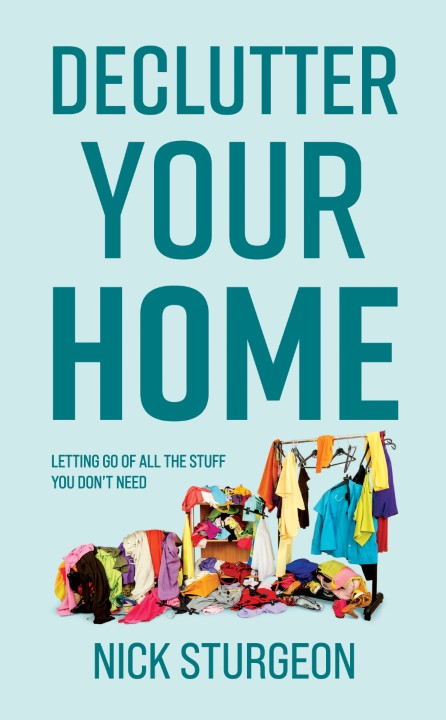Much of what we recognise as mess are the large physical items that we can see the need to let go of. Financial clutter is less obvious to the eye and something that shows up perhaps in a series of folders, or envelopes that have been opened and perhaps not worked through. Often our actual banking arrangements can be without order and difficult to navigate.
How many bank accounts do you have versus how many do you use regularly?
What level of service do you receive from your bank as opposed to the service you would prefer?
How many dormant savings accounts or money passbooks do you have around the house?
Are all your paper bank statements in one place and easy to access in just five minutes?
As you look at the way you manage and monitor your finances ask yourself whether you could do this better and find the information you need faster than the time it currently takes you to locate the statements, dividends, savings records, pension information and tax payment records. The chances are high that you don't keep all your financial information in one place, that as new paperwork comes in to your home it does not systematically end up in the same place that you keep and store your financial records. This is simple to change, and requires only that you become conscious of it. Resolve this quickly and simply by keeping all financial records, statements and passbooks in the same location in your home.
What about the files, binders and unopened Financial Post that is stashed around your home and taking up useful shelf space or occupying the cupboard under the stairs? Get these all out and in one session go through them. If you have any papers that are more than a year old shred and dispose of them. A small shredder for your home will occupy far less space than the volume of unneeded statements, letters, documents and general papers that are taking up space in your life and adding to the stagnant energy. If you run a business from home you will need to check with your Tax or Revenue office about the timescale for keeping all financial transaction records, and comply with these requirements. In many cases keeping the detail for the past twelve months and good annual summaries for the previous five to seven years is more than adequate for you and allows for a lot of discarding.
So many Phone records, Bank statements, Insurance documents, Mortgage summaries and payment records can be accessed online and pulled down in Document or PDF format when needed. Review all your accounts and look at the options for switching to digital only records. This not only saves space but can also save you dozens of hours over the course of a year where you no longer have to open, sort, file and store paper that comes in to your physical mailbox.
Stay up to date with Financial Apps that allow you to track your spending or monitor your investment monies easily and all from your phone or laptop. Have you looked at installing a Water Meter to your home so you only get billed for your actual use? How about asking your Energy Company for a free Smart Meter to monitor your home usage of gas and electric? With these installed you can actively manage the way you use energy in your home, often adjusting your behaviour simply because you become aware of the cost of your usage. It can be tiring to deal with the potential mountain of financial paperwork that comes in to your home. Take a moment to consider that no matter how many sources the paperwork comes from you can choose what to do with each letter or email.
In your personal finances deal with each monthly summary statement as it comes in, whether by paper or email. Check the expenditure against your own receipts. An easy way to do this is to take any purchase receipts from your purse or wallet on a certain day each week and put them in a place where you do your finances. If you don't have any specific filing area at home, each week take the expense receipts for that week and place them in an envelope. When your bank statement comes in simply check off the purchase receipts against the larger monthly statement. Everything should match. If you are self-employed and doing your own tax returns save each weekly envelope and date it for easy reference later. When the full tax year is done you can provide the bank statements and the receipts to your book-keeper and you keep your costs down because you have taken the time to be organised for the previous year of spending.
In becoming better organised with our finances we can get closer to our financial goals, precisely because we know what our money is doing and how it is performing. By getting clear on your financial paperwork, statements and information, you will naturally find yourself better able to make decisions about what to do with your assets so that they start to work for you, building your future wealth and financial freedom. The clearer you get with your finances the more likely it is that your money will work better for you.

